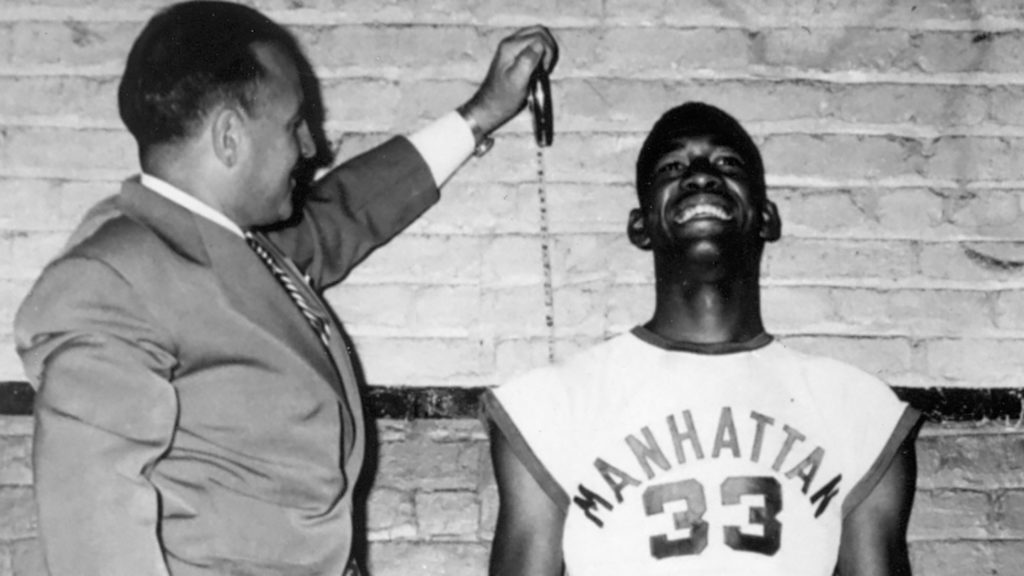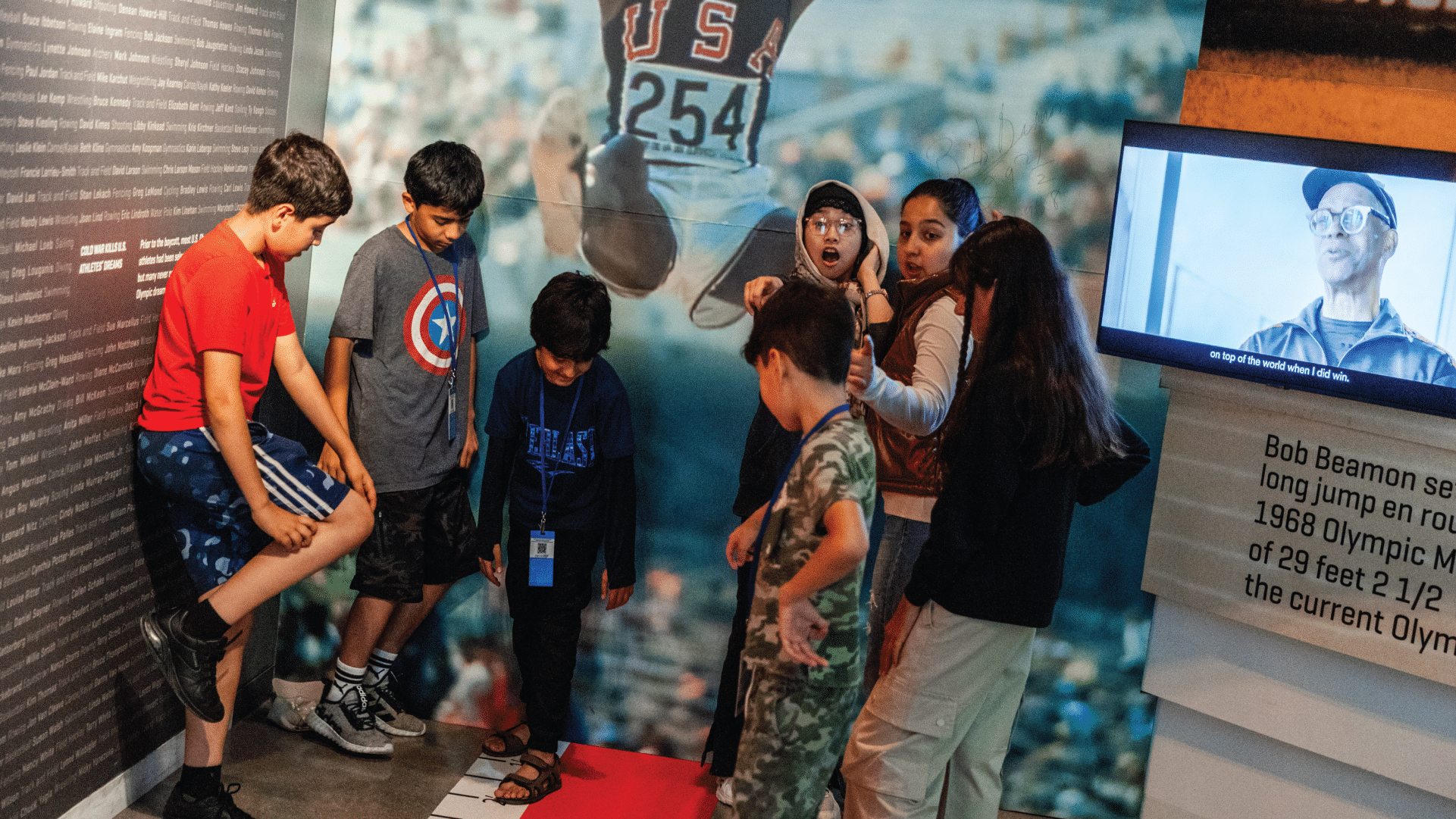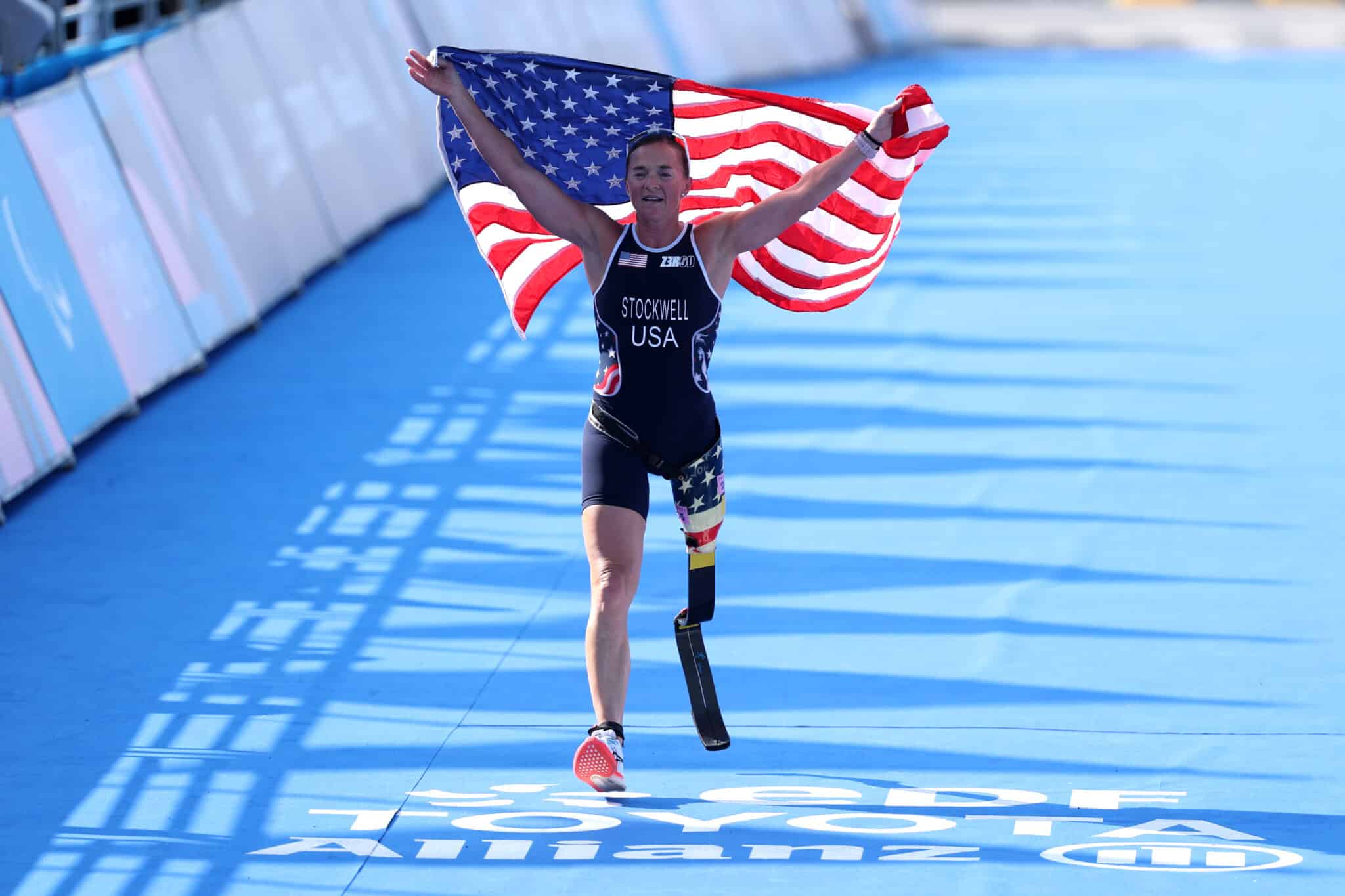Back in the day when Manhattan College played as part of doubleheaders at New York’s famous Madison Square Garden, Junius Kellogg became the first Black basketball player to suit up for the Jaspers.
That was just one way in which the 6-foot-8 Kellogg made a lasting mark on the sport.
It was during his first year playing at Manhattan that Kellogg was offered a very tempting bribe to fix a score. Kellogg not only declined the $1,000 solicitation, he reported it to his coach and authorities. He later wore a wire to collect crucial evidence that exposed the largest college betting scandal in American history, infamously known as the CCNY point-shaving scandal of 1950-1951. Kellogg’s integrity was evident to all.
Kellogg served in the U.S. Army, returned to Manhattan to get his degree in 1953 and then played for the Harlem Globetrotters. It was during a roadtrip to a Globetrotters game that Kellogg was involved in a car accident.
He spent four years in a hospital, and though he eventually regained some use of his arms, Kellogg remained paralyzed from the waist down.
Though he could no longer play, his love for basketball sustained. Kellogg became the first Black coach of a wheelchair basketball team, leading the Pan Am Jets and then the Brooklyn Whirlaways, two of the largest wheelchair basketball teams in the nation. Kellogg also coached the U.S. Wheelchair Basketball team to a gold medal at the Tokyo 1964 Paralympic Games.
Kellogg has been inducted into the National Wheelchair Basketball Association’s Hall of Fame as well as the Virginia Sports Hall of Fame. He died at age 71 on September 16, 1998.












